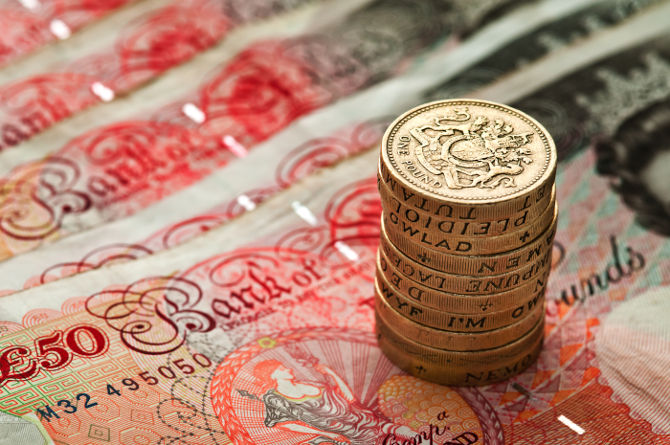With 2016 under way, the serious threat of a slowing global economy will give the UK a “Cocktail” of serious threats, Chancellor George Osborne will warn.

In a report by the BBC, it said that Mr. Osborne told them the economy was far from “mission accomplished” status and that 2016 will be “mission critical.”
This comes after the overall positive tone that the Autumn Statement presented, where he advised that the UK was seeing fast growth.
On BBC Radio 4’s Today Programme, the chancellor said that the Autumn Statement had a four year plan put in place to restore UK’s public finances, make the economy more productive and businesses more competitive so they could create jobs.
Mr. Osborne is expected to show the list of risks that UK’s economy will face over the next 12 months.
In a speech in Cardiff, the chancellor is due to address the issues such as tension in the Middle East, slow growth in China and low commodity prices which all weigh on global confidence.
It was recently reported that shares dropped by more than 7 per cent in the mainland Chinese markets for the second time this week, which led to it being suspended for the day.
However, new threats now plague the UK’s economy and it’s not just “debt-fuelled recovery”. This cites support of the governor of the Bank of England in his assessment.
Complacency is what the chancellor feared would be developing in the UK’s national debate.
He comments: “All the old habits, all the old bad ways that got Britain into that mess are re-emerging in some of our national debate and I need to remind people that it’s a very challenging world out there, that Britain still has big economic problems that it has to fix.
“I am determined to see through the plan that has got the British economy that is in the stronger position that it is in today.”
It is also expected that this year will be the first the interest rates will rise since 2007, which is a matter for the Bank of England.
People close to Mr. Osborne have showed concerns that the rate rise could have an impact on consumer confidence.
He concluded by saying that the rise in interest rates should be an indicator of a strong economy, which was normalising after the financial crisis.
Previous Post
Solid Pace for UK Service Sector Growth in December